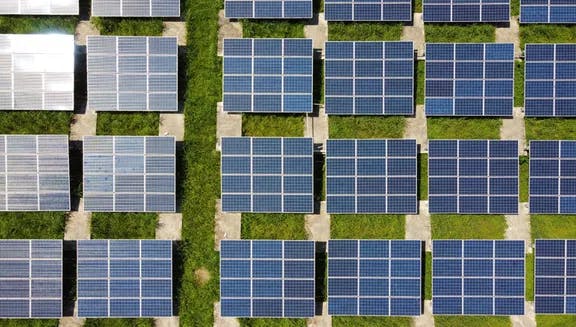
EU approves €750M Dutch scheme for industrial decarbonisation
Key aspects of the Dutch measure
The European Commission has approved a €750 million Dutch scheme designed to support the decarbonisation of sectors with industrial production processes. The Netherlands has designed this scheme to incentivise companies to significantly reduce their greenhouse gas emissions.
Under this plan, companies operating industrial installations in the country will receive direct grants for projects that replace fossil fuels with electrified processes. To qualify, companies must cut their annual greenhouse gas emissions by at least 0.1 million tonnes by 2030, compared to the thresholds set by the national CO2 levy, a carbon tax set in 2019 to help reduce emissions. The scheme will significantly help the Dutch strategy to reduce industrial greenhouse gas emissions by 4 million tons by 2030.
The aid will have conditions to prevent unfair competition, including a claw-back mechanism where beneficiaries must return part of the aid if the project earns extra revenue. Additionally, beneficiaries cannot increase their production capacity by more than 2%.
Reducing greenhouse gas emissions locally
The scheme is a critical component of the Dutch strategy to reduce industrial greenhouse gas emissions by 4 million tonnes by 2030. It also significantly contributes to the EU's broader climate goals, as outlined in the REPower EU Plan and the Green Deal Industrial Plan.
On the ground in Amsterdam, many companies and startups are already working towards the zero-emissions goals set by both the EU and the local government. Initiatives like the Smart City platform, the Resilio Green Roof Program, recent hydrogen infrastructure investments, and offshore wind expansion are key to these efforts. Coupled with policies such as the Renewable Energy Action Plan, urban centres like Amsterdam demonstrate how cities can lead the global energy transition and set benchmarks for others to follow.
Related articles

Amsterdam researchers join HyPRO the largest Dutch green hydrogen project

Amsterdam’s CuspAI secures €28M to create GenAI-driven search engine

Carbon Equity raises €100M for funding climate initiatives

Port of IJmuiden issues first hydrogen bunkering licence in the Netherlands

Dutch offshore wind project OranjeWind secures major turbine order

Move Energy Fund secures €10M to drive energy transition in Amsterdam

Amsterdam’s Skytree joins major U.S. carbon capture project

SET Ventures launches €200M fund to boost climate tech startups

Carbon Equity raises €10M with launch of new Climate Infrastructure Fund

